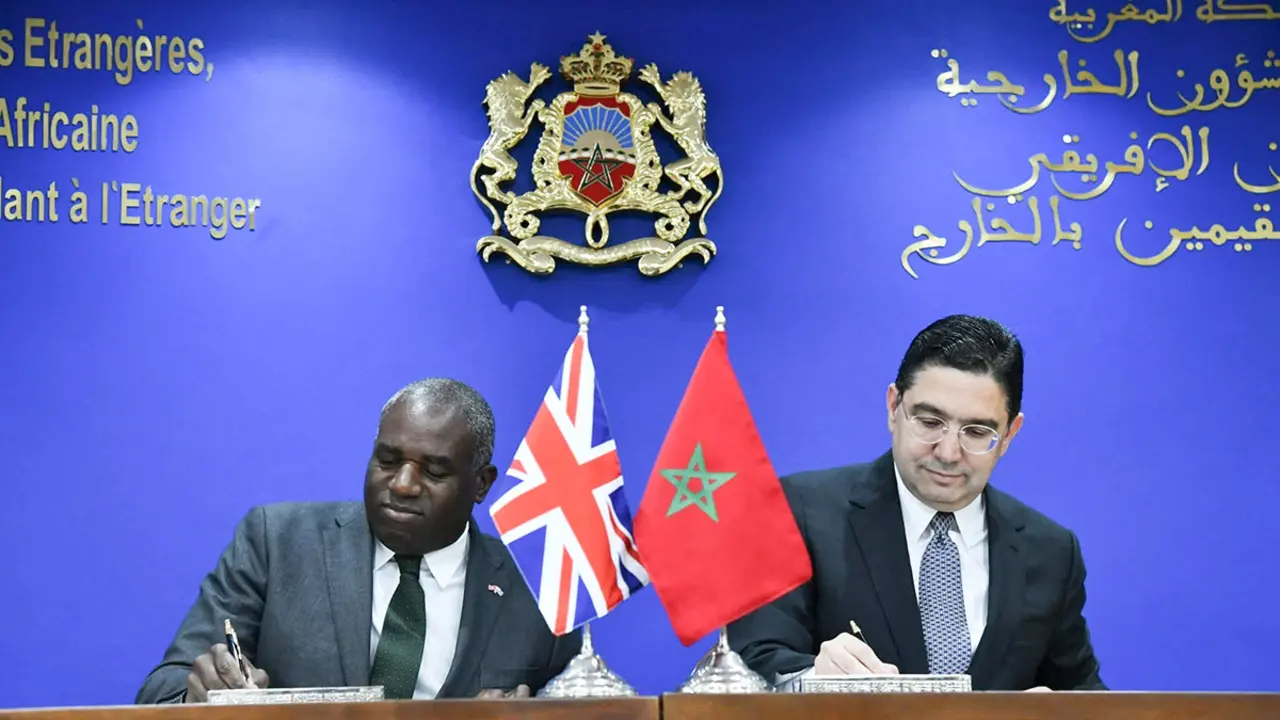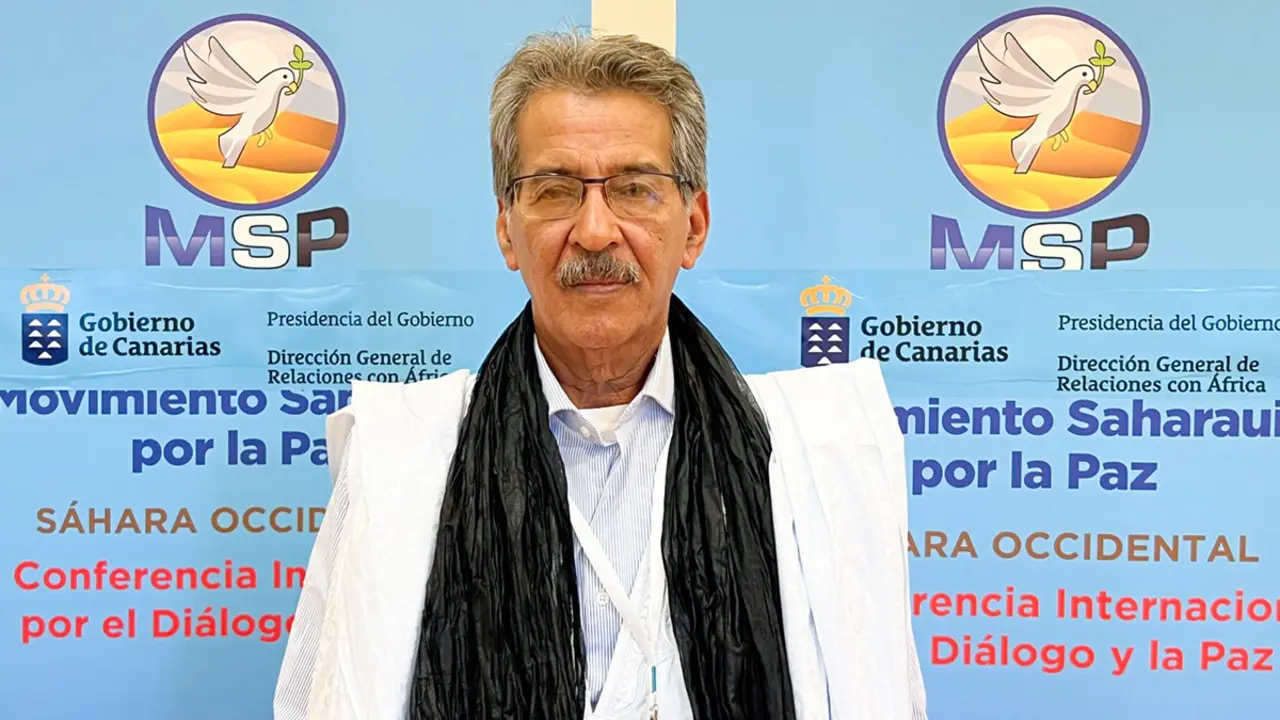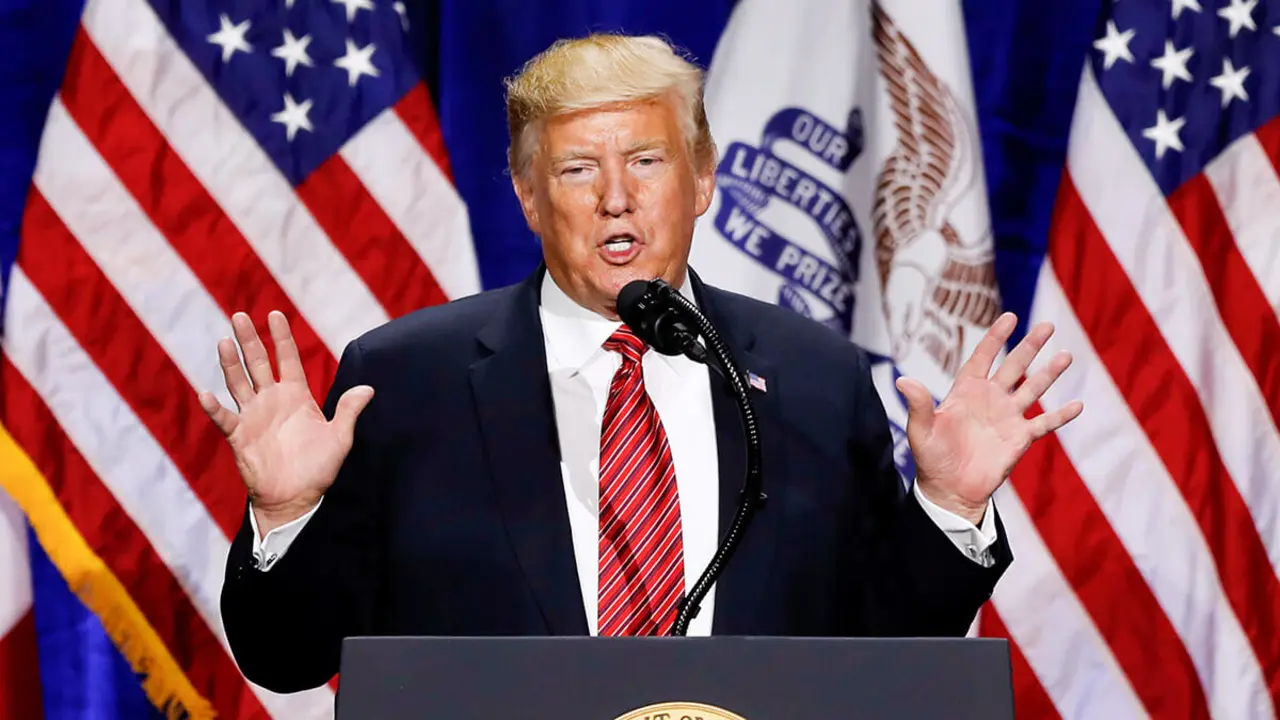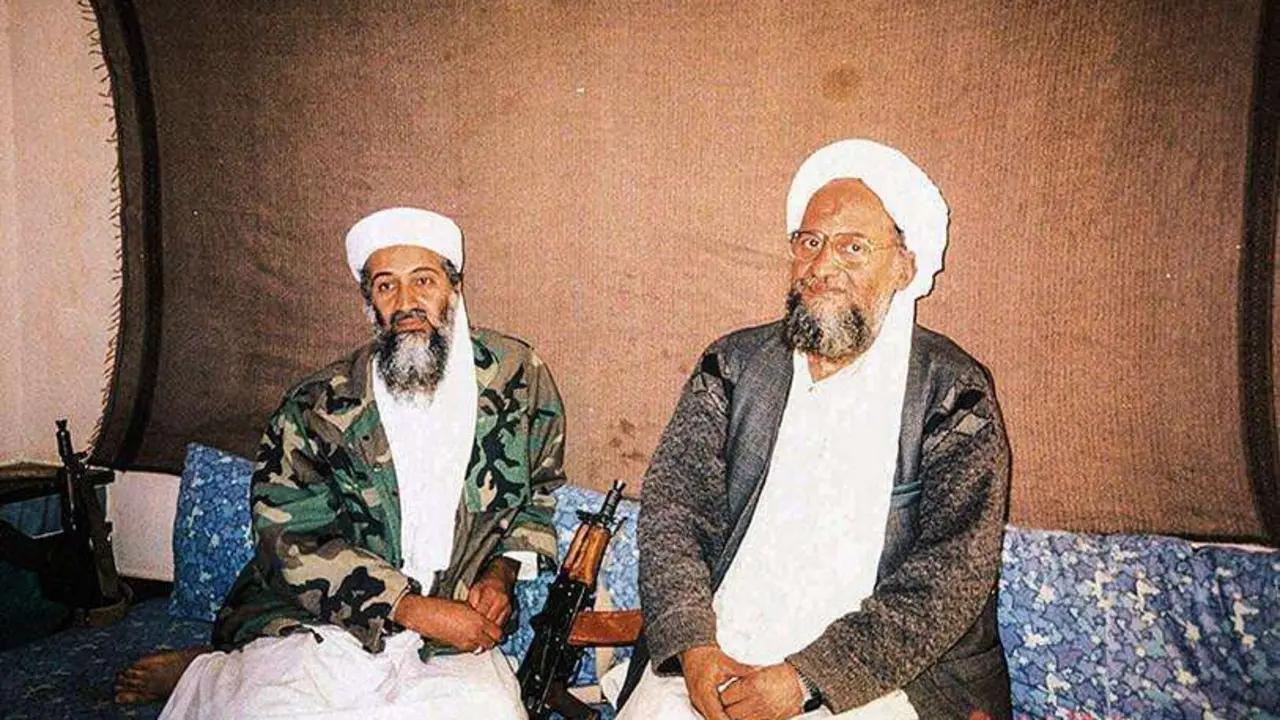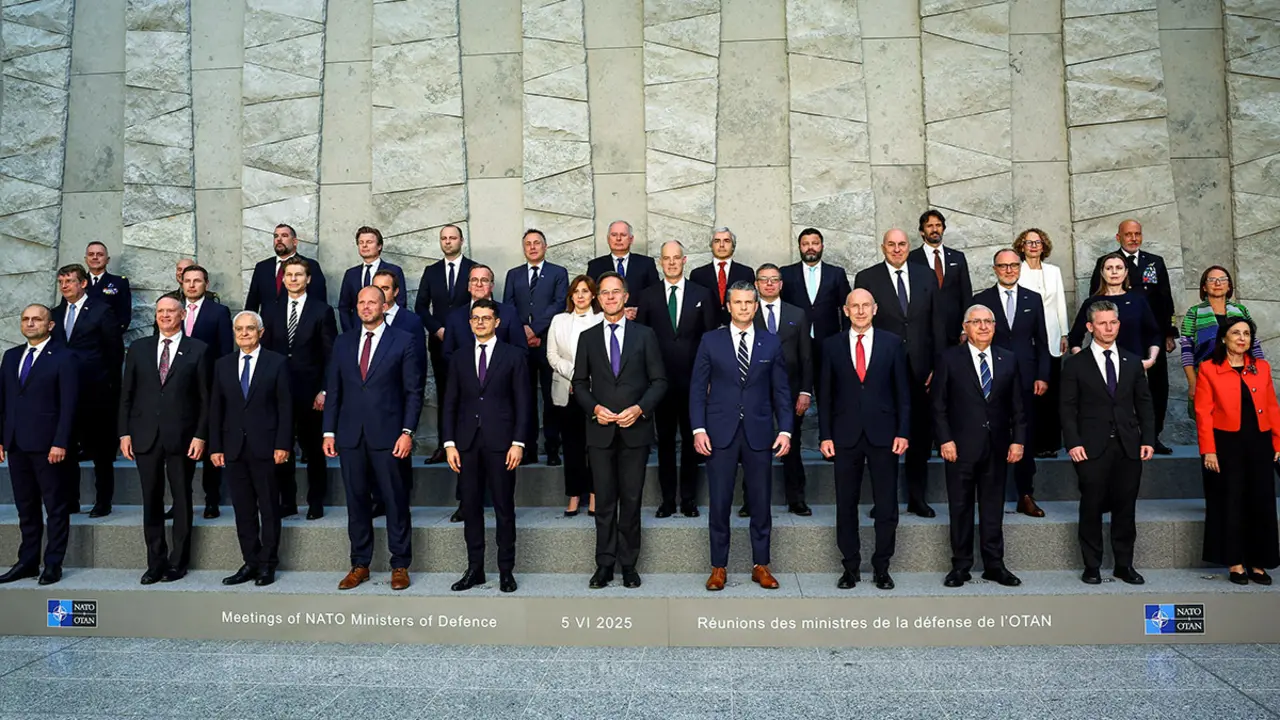BBC accuses Iran of harassing and threatening its journalists

The BBC on Friday called on Iran's regime to cease its campaign of harassment and threats directed at its Persian Service journalists.
"For more than a decade, Iran has deployed a campaign of harassment and intimidation against BBC News Persian journalists and their families in Iran," the public broadcaster said on International Human Rights Day.
"This includes death threats against BBC journalists and their families in London, freezing of assets, as well as online harassment and sexist attacks against female journalists," it added.

The network specifies that "members of their families in Iran were arbitrarily detained, in degrading conditions, interrogated and urged to tell their relatives to stop working for the BBC."
In addition, the audiovisual group notes that "last year, threats against BBC News Persian employees and Persian-language journalists outside Iran intensified."
As a result, the police had to intervene in order to protect employees in London.

According to a report published in March 2020 by UN experts, employees of the British broadcaster had been intimidated by Tehran, in addition to death threats to family members still in Iran.
"We call on the international community to take strong and immediate action to ensure that Iran is held accountable and that BBC News Persian journalists can work without fear," BBC World Service lawyers Caoilfhionn Gallagher and Jennifer Robinson reported.
Likewise, last Thursday, the Islamist Republic took the decision to impose sanctions on U.S. individuals and institutions, with the aim of counteracting the measures that Washington announced last Tuesday against several Iranian entities and senior officials due to "flagrant violations of human rights".
According to the U.S. Treasury Department, one of the reasons why the American state wanted to apply sanctions against Iranian entities and senior officials is because Tehran announced a "new list of U.S. individuals and institutions implicated in gross human rights violations sanctioned by Iran, which will be published soon."

According to the Iranian justice information agency Mizan, Kazem Gharbabadi, deputy head of the judiciary and secretary general of the Iranian Human Rights Committee, accused the United States "of using sanctions under false human rights pretexts as a tool to uselessly achieve political goals."
Likewise, the U.S. Treasury Department assured that it "will continue to fight authoritarianism", as well as to promote "holding individuals accountable for the violent repression of people seeking to exercise their human rights and fundamental freedoms".
This comes in the midst of the nuclear program negotiations in Vienna, which recently resumed.

Likewise, this is not the first time that the BBC has been forced to make such accusations against the Persian country.
In 2018, the British network made an appeal before the UN with the aim of getting Iran to suspend the harassment of its journalists, to which the Iranian government qualified as incorrect and accused it at the same time of spreading false information and promoting the overthrow of the Iranian system.
Finally, BBC News Persian has a worldwide audience of 22 million viewers per week, almost 13 million of them from Iran, where the channel has been banned.

